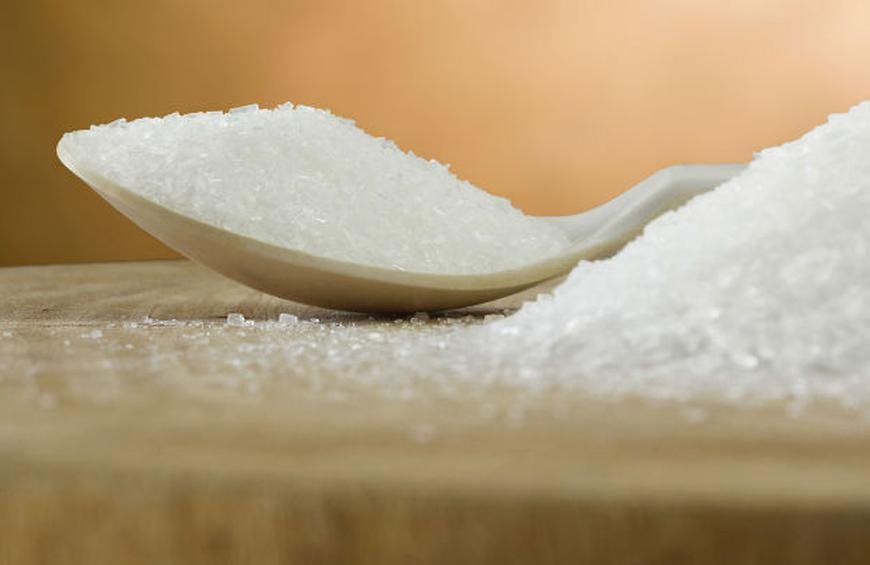Inside BENEO’s new pulse plant: pioneering sustainable protein from faba beans
For the first time, this study shows promise for using MSG in better-for-you foods
A new study published in the Journal of Food Science suggests monosodium glutamate (MSG) can be used to significantly reduce sodium while also promoting the enjoyment of better-for-you foods like grains and vegetables.
In the study, supported by the Japanese firm Ajinomoto Co., Inc., participants evaluated four different recipes in which sodium was reduced by 31 to 61 percent through the addition of MSG, and described the dishes as “flavorful,” “delicious,” and “balanced.”
Culinary scientists from Pilot R&D , a food innovation and development company in the US, developed four dishes – roasted vegetables, a quinoa bowl, a savory yogurt dip, and cauliflower fried rice with pork. Study participants (163 total, aged 18-62 years) evaluated three different versions of each dish – a standard recipe with typical salt content, a reduced salt recipe with significant sodium reduction, and the same reduced salt recipe with significant sodium reduction plus MSG added.
For each dish, participants rated overall liking, appearance, flavor, texture, saltiness, aftertaste, and how likely they would be to order the dish at a restaurant. The reduced salt recipes with added MSG were liked as much as or better than (in the case of the quinoa bowl and savory yogurt dip) the standard recipes, suggesting that MSG can be used as a way to reduce sodium without compromising taste.
Whereas the reduced salt recipes were commonly described as “bland” and the standard recipes described as “salty” and “sour” in some cases, the MSG recipes were associated with “delicious,” “flavorful,” “balanced,” and “savory” in some instances.
Previous research has shown that MSG can be used to reduce sodium by 30 percent, and in some cases up to 50 percent, in packaged foods and snacks such as soups, broths, chips, and sausage, without compromising taste and consumer preference for the products. For the first time, this study shows promise for using MSG in better-for-you foods, or those with a desirable nutritional profile that consumers should be eating more of.

